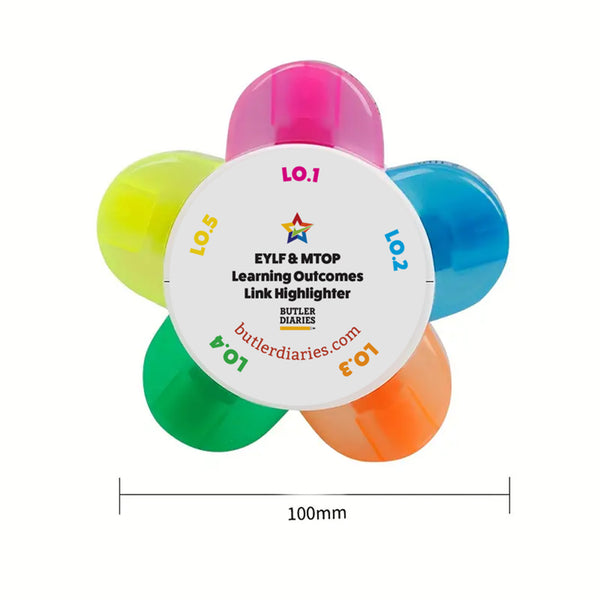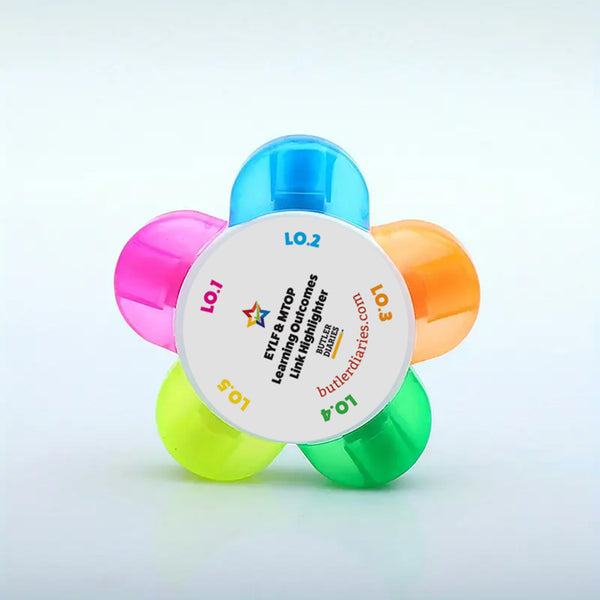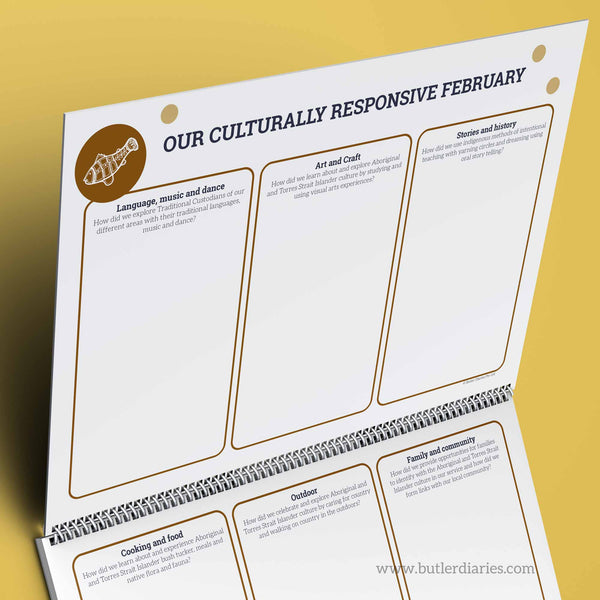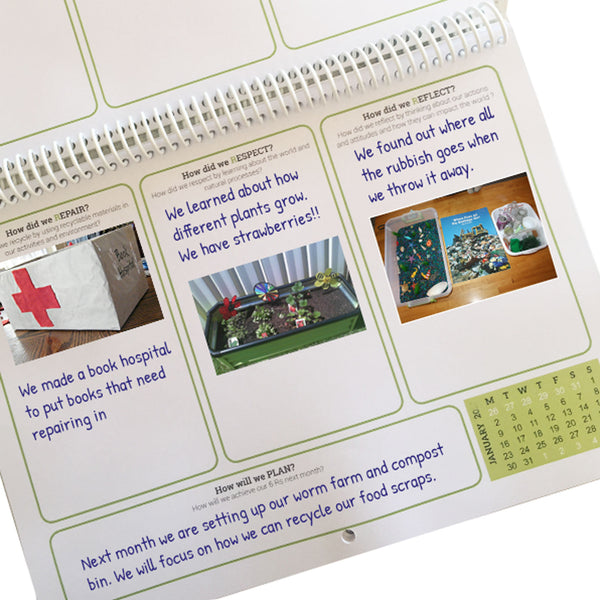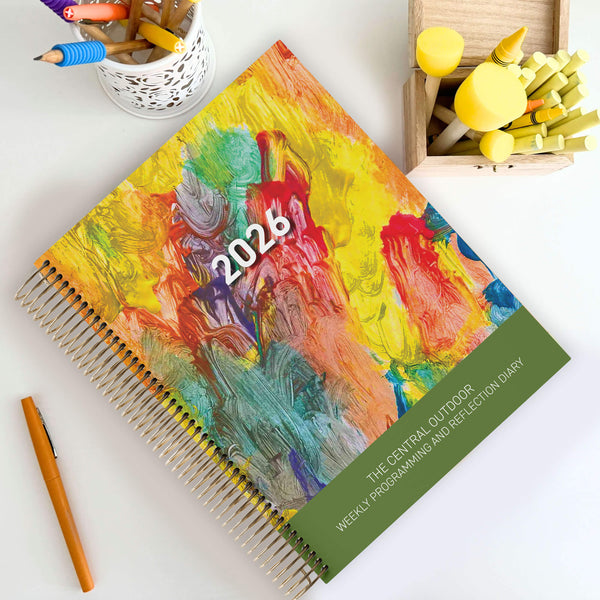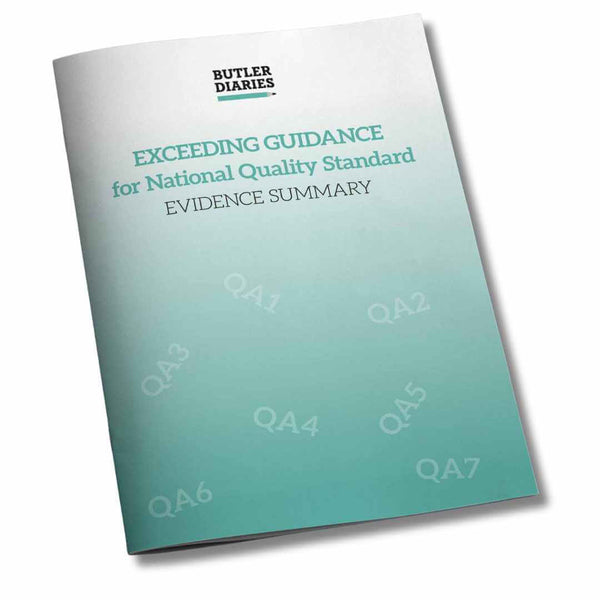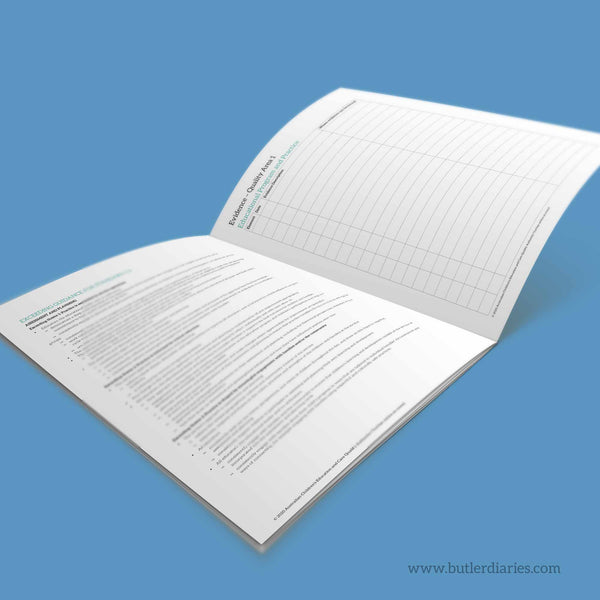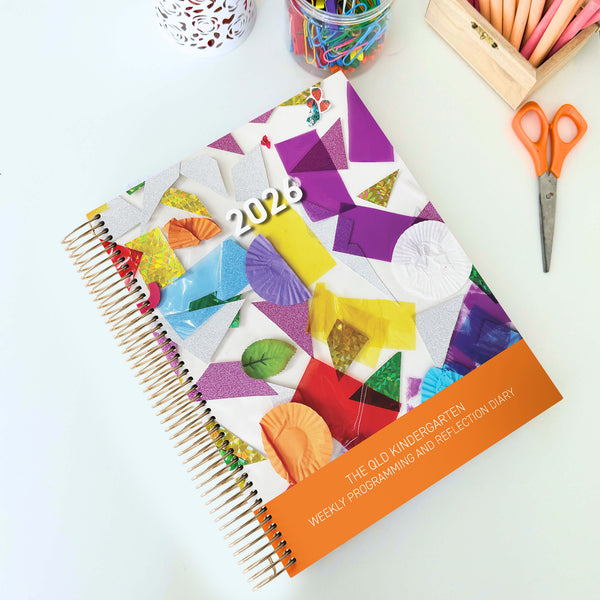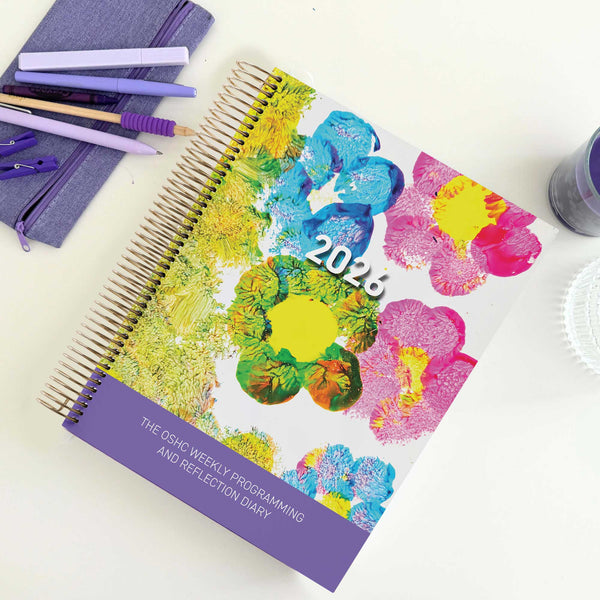Summary of Early Years Learning Framework linking to the Theorists
| Learning Outcomes |
Areas of Development |
Link to Theorists (Brief summary of each) |
|
OUTCOME 1 Children have a strong sense of identity |
Social Emotional Cognitive |
Erikson – Erik Erikson built upon Sigmund Freud’s work. He identified eight separate stages across the lifespan. He believed that in each stage we face a crisis that needs to be resolved in order for us to develop socially and emotionally. Each stage has a positive or negative outcome, though we tend not to be at either end of the spectrum. The outcome of the stage is determined by our environment, and the care giving strategies or experiences to which we are exposed. |
|
OUTCOME 2 Children are connected with and contribute to their world |
Social Emotional Cognitive |
Rousseau – Rousseau’s philosophy of education is not concerned with particular techniques of imparting information and concepts, but rather with developing the pupil’s character and moral sense, so that he may learn to practice self-mastery and remain virtuous even in the unnatural and imperfect society in which he will have to live. |
|
OUTCOME 3 Children have a strong sense of wellbeing |
Fine Motor Gross Motor Cognitive |
|
|
OUTCOME 4 Children are confident and involved learners |
Cognitive Fine Motor |
Independence, Observation, Following the Child, Correcting the Child, Prepared Environment and Absorbent Mind. It is within these concepts we find the reasoning behind why things are such in a Montessori environment. These are goals and beliefs that Maria Montessori held with regards to the education of children. |
|
OUTCOME 5 Children are effective communicators |
Language Literacy Numeracy |
Vygotsky – Vygotsky emphasised the importance of relationships and interactions between children and more knowledgeable peers and adults. He believed that children’s cognitive understandings were enriched and deepened when they were ‘scaffolded’ by parents, teachers or peers. He believed that the environment plays an important role in a child’s development, particularly in the social aspects of development. He focused on the notion that children internalise feelings, emotions and ideas and language is a key factor in the development of concepts. |
1. Information for this eylf outcomes cheat sheet was adapted from ‘A basic introduction to child development theories’ p3-4 Centre for Learning Innovation © State of New South Wales, Department of Education and Training, 2006 (Table adapted by Lyn Amos 2013)
This information is useful for using our range of diaries, take a look here
The above information summarises the reasoning behind our Weekly Programming and Reflection Diaries. We have different diaries for each Early Years Learning Framework (including MTOP Learning Outcomes) for Australian States and different sectors (Long Day Care, OSHC, Preschool, QLD Kindergarten, Family Day Care). These are designed to capture the learning outcomes and show the Cycle of Planning. Learn more about the Cycle of Planning here.
"The included theorists have valid views that can be useful to consider. Many children’s services professionals believe in taking an eclectic approach to theory. By understanding each theoretical approach, you can use parts of the theory, if the context - the child and the situation- seem appropriate, and it is a useful way to further your understanding. Theories can help you interpret your observations, but are of little or no use without your observations and knowledge of each child’s behaviours, abilities and personality."1 The diaries form a useful tool for noting your observations and reflections.
Get the Early Childhood Theorists Cheat Sheet










